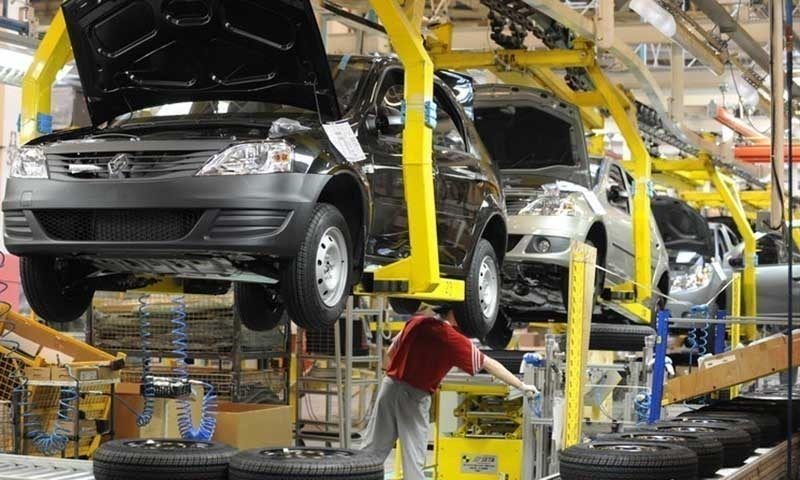The automotive business fears that amid declining automobile gross sales, the sector is very likely to get rid of at the very least 10-15 for every cent of the direct jobs around the subsequent several months.
Warning of tough instances ahead, they reported mounting auto selling prices on the back of steep currency depreciation, imposition of federal excise duty in the range of 2.5-7.5pc based on the engine sizing and tough economic local weather have influenced overall income.
Automobile revenue have declined by 7pc in the final economical year with professionals fearing the sector to shrink even more by 15-20pc all through the ongoing fiscal year.
The main slowdown was witnessed in the sale of cars and trucks earlier mentioned 1300CC, forcing the two Honda and Toyota suppliers in the nation to noticeably scale down output in the course of the month to distinct inventories.
Honda Atlas Cars Pakistan (HACP) executive said on the condition of anonymity “The sales have picked up slightly but remain much lower than in any given month in the recent years.”
“The reduced sales mean lower profits for manufacturers and lower tax revenue for the government. The slowdown in the automotive industry is unlikely to reverse unless the government helps us reduce prices by slashing taxes,” he added.
HACP has kept its plant closed for 12 times for the duration of July as inventories piled up amid faltering gross sales.
Indus Motors Enterprise (IMC), which creates Toyota autos in the state, also minimize down manufacturing to five days to 7 days whilst Pak Suzuki Motor Company (PSMC), which almost controls the full domestic market share of cars with engine measurement of up to 1,000CC, has introduced that it does not strategy on scaling down its manufacturing.
Nabeel Hashmi, an auto parts supplier said that, “Many auto vendors have already moved to single shift operations from the double shift operations because of the scaled-down production schedules of AHCL and IMC.”
Hashmi also added, “The auto vendors are also in difficulty because, unlike OEMs, their prices have not increased according to the quantum of currency depreciation, which is hurting their profits and cutting into their cash flows. The job losses are imminent but I cannot predict the exact number. The government can protect jobs in the vending industry by helping vendors find export markets for their products.”











